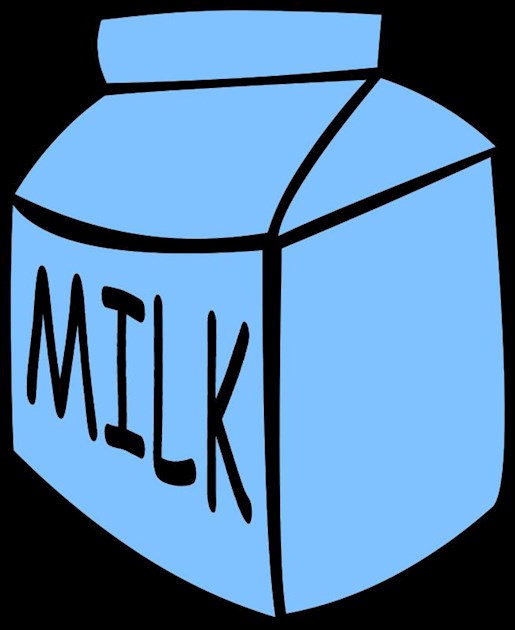The Battle of Milk vs Non-Dairy Milk Alternatives
Milk—it does a body good, right? So goes the old Dairy industry slogan for cow’s milk that most all of us grew up on. But for many of us, milk from cows just doesn’t work if you are one of the 30-50 million people in this country (National Institute of Children’s Health & Human Development), who cannot drink cow milk because they are lactose intolerant. And another 1.5 million (or more) may have a genuine dairy allergy to casein, a protein in cow’s milk (US Census Bureau, 2010).
Plant based “milks” are way up this year with giant chains like Starbucks offering alternative milk products for those who are vegan, avoid dairy milk for environmental or animal rights reasons, or have allergies/intolerances—or just plain don’t like it.
Early entries in the alternative milk market included soy milk and rice milk. While soy milk has enjoyed shelf space for a decade or more, newer entries like hemp, almond, cashew, macademia nut, coconut and even pea protein ‘milk’ are generally healthier and tastier options than soy milk.
Here is a run-down of the current plant-based milk substitutes compared to real milk:

